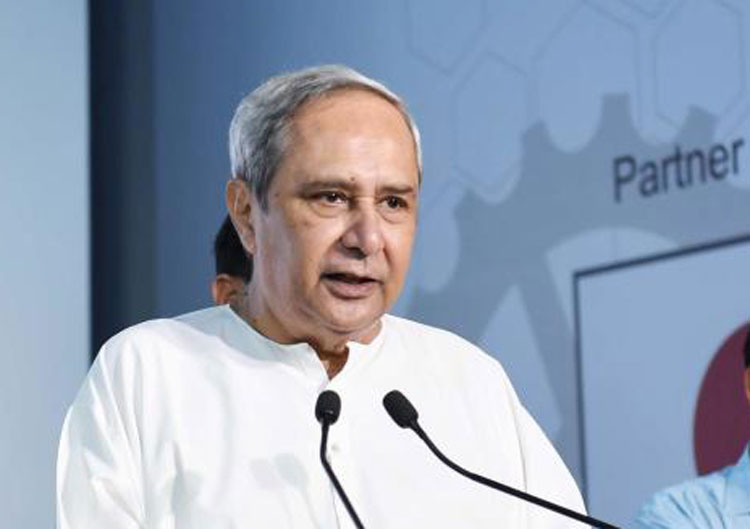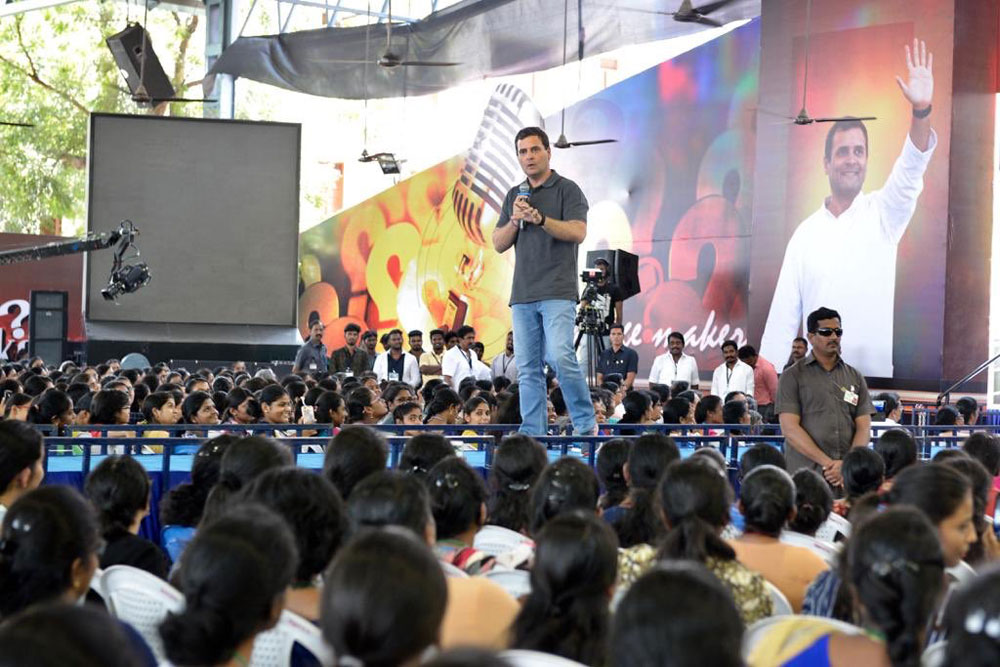A small step may have a much greater symbolic importance. The chief minister of Odisha and leader of the Biju Janata Dal, Naveen Patnaik, is reserving 33 per cent of his party’s tickets for the Lok Sabha elections for women. Mr Patnaik can be perceived as having taken a progressive step, especially in the context of his earlier requests to the prime minister, chief ministers and leaders of political parties to provide women with 33 per cent reservation in legislative bodies. Since women voters constitute a large segment of Odisha’s electorate, Mr Patnaik’s move is not just idealistic, but strategic too. It has certainly posed a challenge for his political rivals. But he has to address a challenge nearer home himself: getting women candidates for seven of 21 Lok Sabha seats may be considerably easier than filling 33 per cent seats with women in the assembly. Ultimately, it boils down to socio-cultural conditions that must change so that women can participate in political life in the normal course of things.
No one can fault Mr Patnaik for believing that women’s empowerment would contribute to the country’s progress. The Congress president, Rahul Gandhi, is obviously of the same mind. He has promised 33 per cent reservation for women in Central jobs in addition to the revival of the lapsed women’s reservation bill if his party is elected. The Congress president’s wish to see more women in public life is indeed welcome. But is reservation the way out? Reservation in jobs is an acutely troubled issue, with all the hair-splitting over percentages. The entry of another dimension of identity, gender in this case, may bring up a host of difficult questions, turning on principles of discrimination. Mr Gandhi, however, may find other ways to ensure women’s empowerment. In spite of better education and health, Indian women are dropping out of the labour force at a shocking rate, making up only 27 per cent of it at the end of 2018. Inherited arrangements that make women’s unpaid work in the home fundamental to the functioning of society — forcing women out of work or towards irregular, unorganized work with low wages — together with violence in the home and outside are driving them out. Making workplaces secure and convenient for women would be a major step towards bringing women out to work. Just reservation — in any sphere — is far from enough.













